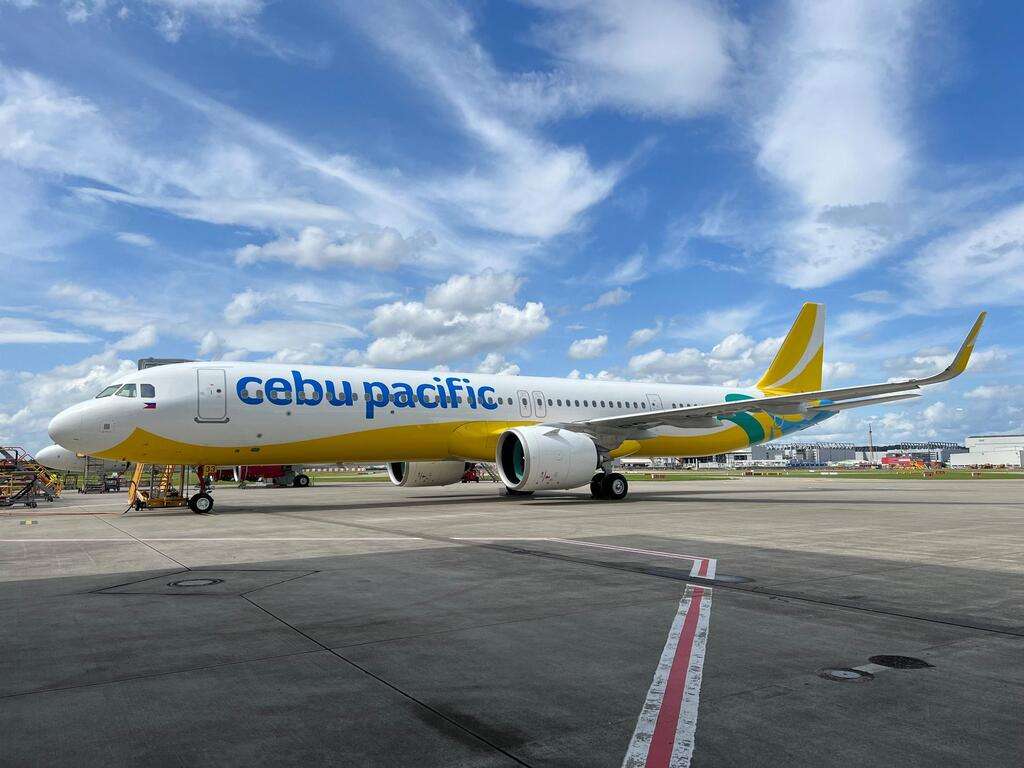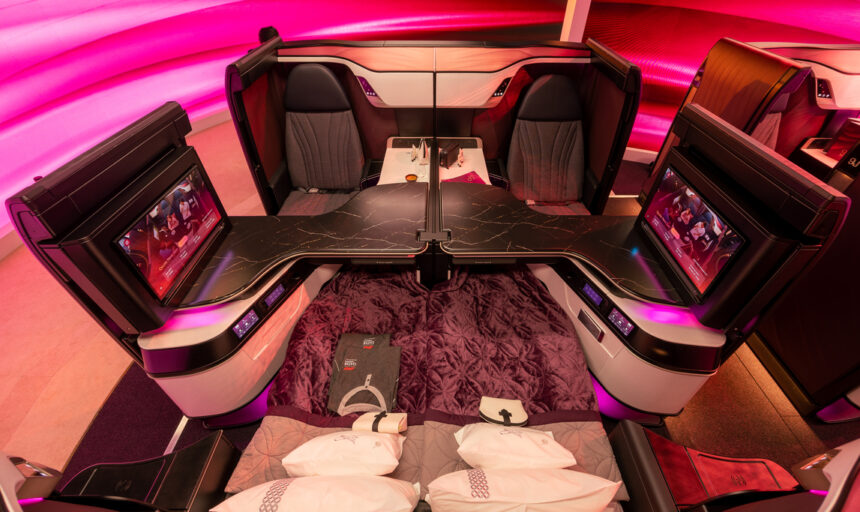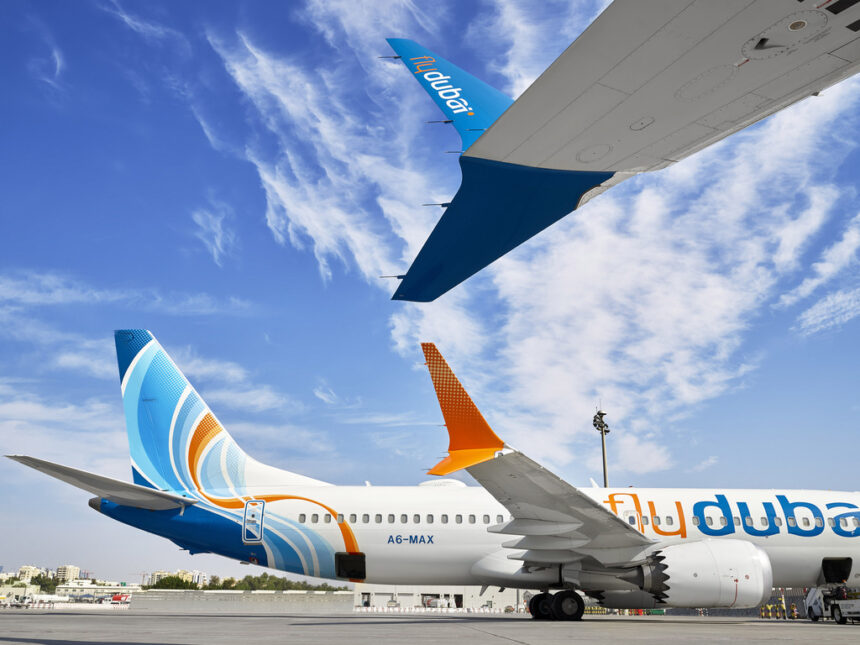Philippines major low-cost carrier Cebu Pacific has raised the bar by boosting its aircraft deliveries for 2023 to 21, up from the initially planned 15.
The move to increase aircraft inductions comes in response to the surging demand for air travel, emphasizing the airline’s commitment to enhancing operational resiliency and meeting the needs of its passengers.
New addition to the fleet: Airbus A321neo
On July 27, Cebu Pacific celebrated the arrival of its ninth aircraft delivery for 2023 – a pristine Airbus A321neo, signifying “New Engine Option”. The aircraft journeyed from Airbus’ prestigious Delivery Centre in Hamburg, Germany, to its home at Ninoy Aquino International Airport in Manila.
As is becoming the practice for new aircraft deliveries, the ferry flight was operated on blended sustainable aviation fuel (SAF); also underlining CEB’s dedication to environmentally conscious practices.
Alex Reyes, the Chief Strategy Officer of CEB, affirmed that this aircraft delivery holds paramount significance in fortifying operational resilience, while concurrently ensuring safety, dependability, and economical air travel for the airline’s valued passengers.
The airline’s progressive shift towards modern, fuel-efficient aircraft, combined with its steadfast commitment to sustainable aviation fuel, mirrors its holistic approach to decarbonize the aviation industry, fostering a more sustainable future.
Fleet enhancement and future vision
Out of the impressive 21 aircraft anticipated for delivery this year, an astounding 17 fall under the category of NEOs, which stands for “New Engine Option”.
Additionally, four aircraft belong to the CEOs, or “Current Engine Option” category, on short-term lease.
As part of its strategic vision, CEB aspires to transition into an all-NEO fleet by 2028, a move that reflects its dedication to both eco-conscious practices and operational efficiency.
A significant milestone in CEB’s journey towards sustainability was achieved on June 30 2022, when the airline welcomed a spanking new A320neo aircraft from Airbus’ acclaimed final assembly line in Tianjin, China.
Notably, this aircraft is powered by sustainable aviation fuel, with a blend composition of 41%. This accomplishment shines a light on CEB’s commitment to pushing the boundaries of sustainable aviation initiatives, setting an example for the industry.
Sustainable Aviation Fuel (SAF)
Sustainable aviation fuel, often abbreviated as SAF, embodies a revolutionary approach towards greener aviation. Distinguished by its compatibility with conventional jet fuels, SAF eliminates the need for intricate aircraft or engine modifications.
The utilization of SAF yields a remarkable reduction of up to 80% in carbon emissions throughout the fuel’s lifecycle. This signifies not only a pioneering solution for the aviation sector but also a significant stride towards a more environmentally responsible future.
About Cebu Pacific
Cebu Pacific is a Philippine low-cost airline headquartered in Pasay, Metro Manila. It is the oldest low-cost airline in Asia, founded in 1988.
Cebu Pacific offers scheduled flights to both domestic and international destinations, with a network that covers over 36 domestic destinations and 14 international destinations in Asia, Australia, and the Middle East.
Cebu Pacific is a subsidiary of JG Summit Holdings, Inc., one of the largest conglomerates in the Philippines. The airline is led by CEO Michael Szucs, who took over in January 2023.
In 2022, the airline had a revenue of 56.75 billion PHP. The airline carried over 23 million passengers in the same year, making it the largest airline in the Philippines by passenger traffic.









